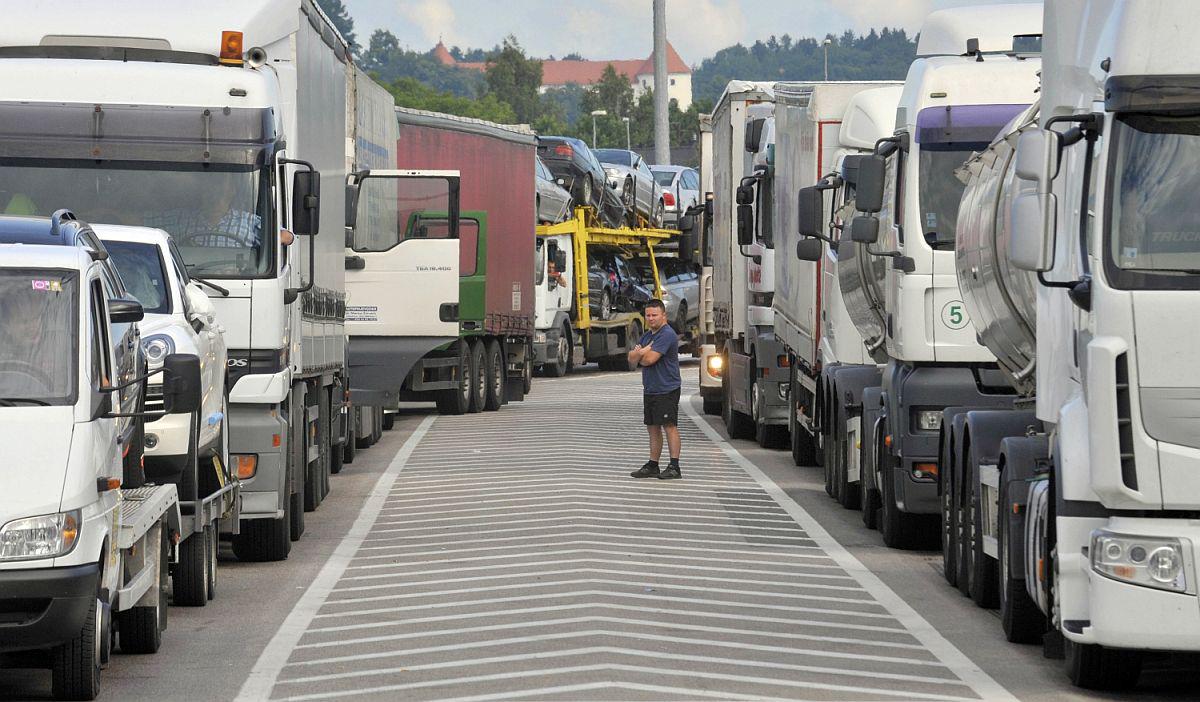Both the Croatian and the Slovenian police have ceased systematic checks of all passengers. Instead, only the passengers who represent a security risk are now subject to more extensive inspections.
The temporary stay of systematic checks of all passengers is in effect until further notice or until a new agreement with the European Commission is reached. Preparations for talks with EU representatives are now underway. Only then will Slovenia decide how to proceed, reports the Interior Ministry.
Before the new regulations were approved, Slovenia recommended several adjustments to the inspection process, mostly concerning proportionality. Slovenia tried to ensure exceptions for certain categories of travelers who do not represent a security risk, such as children aged 12 and under or minors traveling with their parents, as well as those with permits for travel in border zones. People in these categories could still be checked if required by a risk assessment.
However, the suggestions failed to find fertile ground, in part because of a lack of understanding from large EU members not in the Schengen zone. Security expert and former director of the Sova intelligence agency Andrej Rupnik says that the situation was predictable and that the environmental consequences of backups at the border should be calculated.
Rupnik adds that the Schengen border crossing regime is not intended for a large number of simultaneous processes, and that the system had already failed once, when many migrants arrived via the Balkan route.
He says that methods used by the police and security agencies represent a viable alternative. They include closer oversight of individuals who represent security threats in countries where they live, as well as different types of profiling for passengers who are then required to undergo more through border inspections.
If Slovenia ends up having to maintain the inspection regime introduced over the weekend, when almost 300,000 travelers passed through larger border crossings alone, Rupnik believes that the whole of Slovenia could turn into a giant waiting area during periods of heavy tourist traffic.
Robert Škrjanc (RA Slovenija)
Translated by J. B.


































































